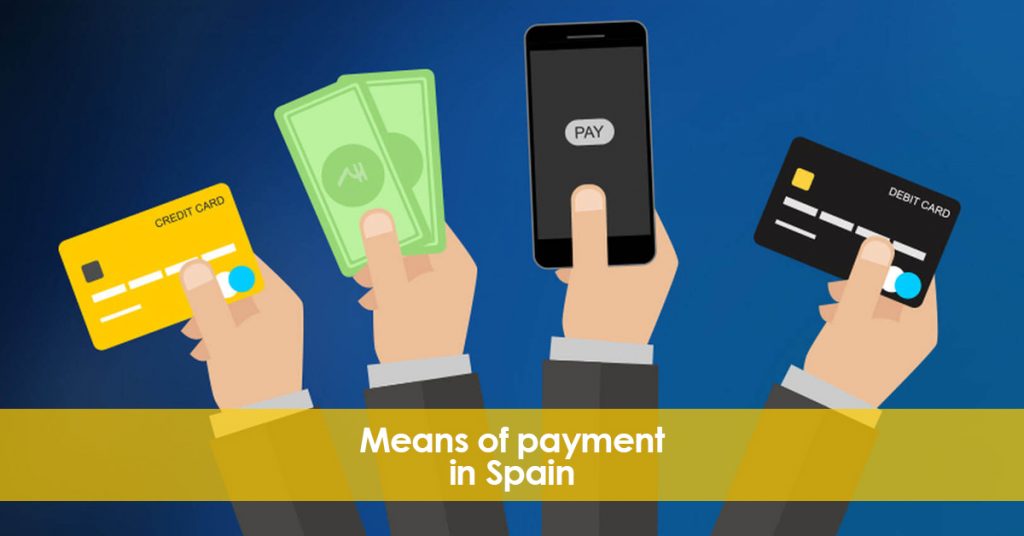There are many deeds that can be signed at a notary’s office. Deed of sale. Mortgage loan. Acceptance of an inheritance. Marriage agreement. Deed of donation. Etc. However, deeds in which a payment is reflected (such as the purchase of a home, for example) are subject to the fulfilment of certain requirements. We are talking about the identification of the means of payment. That is, how the payments are to be made in front of the Notary. In today’s article we analyse the regulations applicable to the means of payment in Spain, and we resolve some of the most common doubts raised by this issue.
Different payment methods: cash, bank transfer, banker’s draft, etc.
Generally speaking, the means of payment that can be agreed between the parties could be classified as follows:
1. Cash payment.
Law 7/2012 of October 29th, for the prevention and fight against fraud, introduced a series of limitations that have led to this type of payment to fall into disuse. When one of the parties is a businessman or professional, it cannot be paid in cash more than 1,000€ or the equivalent in foreign currency. If the person involved is neither a professional nor a businessman (and, in addition, has no tax domicile in Spain) the maximum amount to be paid in cash will be of 10,000€.
2. Banker’s draft or similar drawing instrument.
Bearer cheque, which may be cashed by the person who brings it to the bank. Banker’s draft, when it is the bank that signs and pays the cheque. Nominative cheque, when it includes the details of the beneficiary, who is the only person who can cash it.
3. Bank transfer. These can be national, international, etc.
Notary Act and Notarial Regulations: The Identification of the Means of payment is mandatory by Law.
The obligation to identify the means of payment in Spain is laid down, among others, in Articles 24 of the Notaries Act and 177 of the Notarial Regulation. It can be summarised as follows. The notary is obliged to identify: 1. When the money is received (before or at the time of signing). 2.- The exact amount that is paid. 3.- The form in which the payment is made.
Whether a banker’s draft or a bank transfer is used, the notary must incorporate testimony. In other words, a copy of the cheque or proof of the bank transfer must be attached to the deed. In addition, the account numbers from which the money originates and to which it is destined, must be clearly indicated too.
Prevention of money laundering and terrorist financing.
In order to prevent money laundering and combat terrorism, a multitude of laws, orders, etc. have been issued in recent years. Order EHA 114/2008, Law 10/2010 of 28 April, Order ETD/1217/2022, etc. In all of them, the parties involved in the transactions (notaries, registers, credit institutions, buyers, sellers, etc.) are obliged to document and declare the entry and exit of amounts of money exceeding 10,000€, movements inside Spanish national territory above 100,000€, etc.
Conclusions.
The means of payment in Spain is one of the most important parts of deeds involving an economic transaction. For example, in sales and purchases. If you have any questions on the subject, please do not hesitate to contact us. We will study your case and offer you expert advice.
The information provided in this article is not intended to be legal advice, but merely conveys information related to legal issues.
Carlos Baos (Lawyer)
White & Baos.
Tel: +34 966 426 185
E-mail: info@white-baos.com
White & Baos 2023 – All Rights Reserved.
